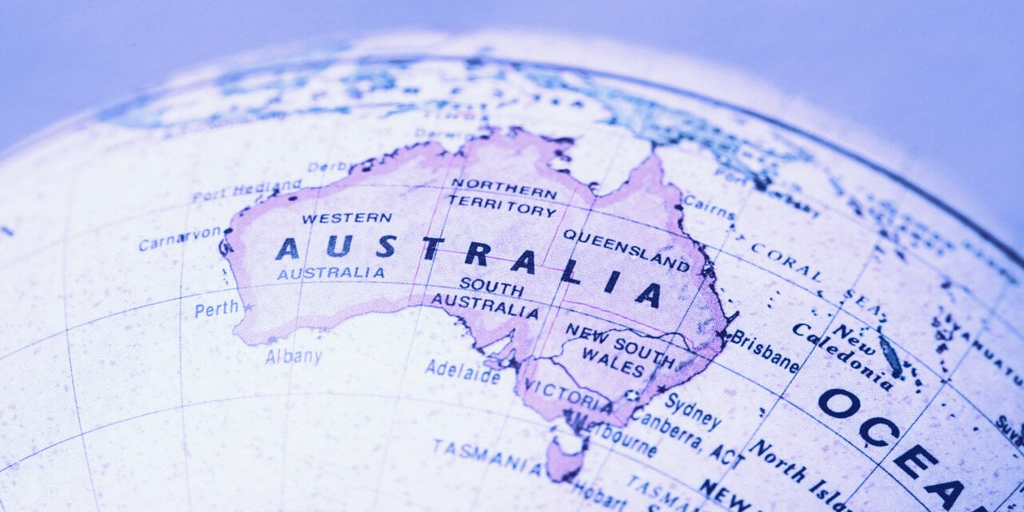FTX had already set off alarm bells with Australia’s financial regulator several months before the crypto exchange’s catastrophic collapse, according to a report.
The Australian Securities and Investments Commission (ASIC) first began looking into the company’s local operations in March 2022, according to documents revealed through a freedom of information request by The Guardian Australia.
The concerns were first prompted by an article in the Australian Financial Review, which covered FTX’s plans to launch in the country within a matter of weeks.
Staff were troubled by a claim that FTX would allow customers to buy crypto with margin loans up to 20 times their investment, The Guardian reported.
On March 30, regulators reportedly held a phone call with FTX representatives, during which the crypto firm talked up their regulation efforts and promised to warn clients about scams.
Regulators remained concerned about the business, however.
In the following months, ASIC would issue three notices to FTX Australia, asking for more information about its operations. These notices were not released as part of the freedom of information request, on the grounds it could interfere with ASIC’s law enforcement activities.
Internal emails sent within the regulator as late as October refer to “current concerns” about FTX Australia.
A briefing document dated November 11, 2022, the day FTX filed for bankruptcy, confirms that ASIC had been conducting “surveillance activity” on FTX since March.
Decrypt has contacted Asic for comment.
In a statement provided to The Guardian, a spokesperson for the regulator said: “Since March 2022, ASIC had made enquiries with FTX Australia about the financial products offered by FTX Australia. The issues raised included pricing, FTX Australia’s compliance with ASIC’s [contract for differences] product intervention order and its on-boarding of clients.
FTX licensing strategy
FTX Australia had not been approved by ASIC prior to its launch, because it bypassed normal licensing procedures by acquiring an existing company that already held an Australian Financial Services Licence (ASFL) in 2021.
That company, IFS Markets, had itself acquired the license through the takeover of another company, Forex Financial Services, a year earlier.
FTX had used a similar tactic for its European arm, which was established just a few weeks prior to the announcement of the Australian expansion.
https://decrypt.co/119877/eu-lawmakers-pave-way-stricter-crypto-rules-banks
By buying Cyprus-based company K-DNA, the business gained a Cyprus Securities and Exchange Commission (CySec) license, which could be used to offer its services throughout the 30 countries in the European Economic Area (EEA).
Stay on top of crypto news, get daily updates in your inbox.
Source: https://decrypt.co/120197/australian-regulators-flagged-ftx-concerns-months-before-collapse-report


